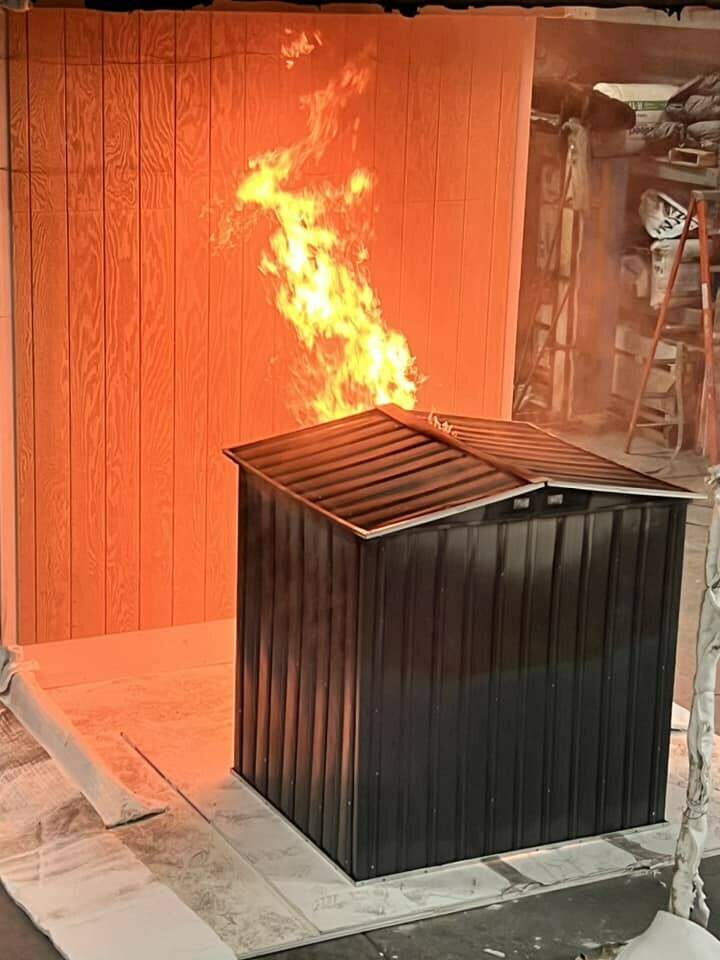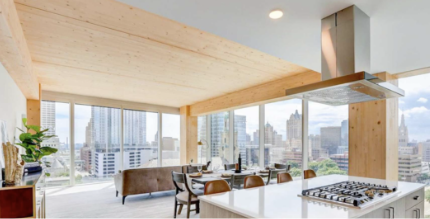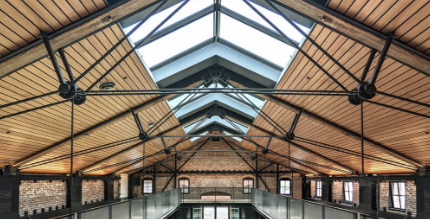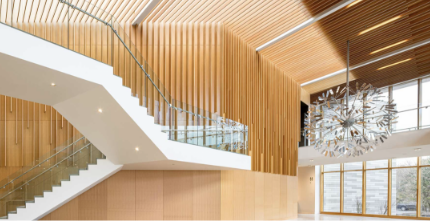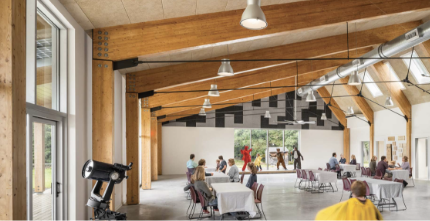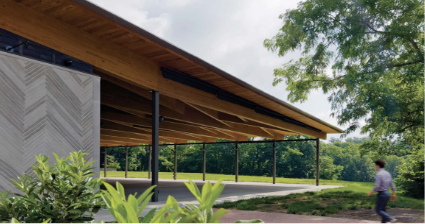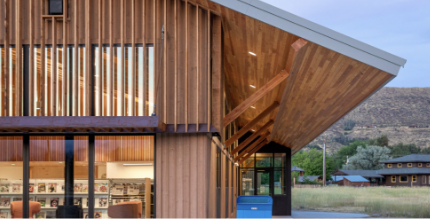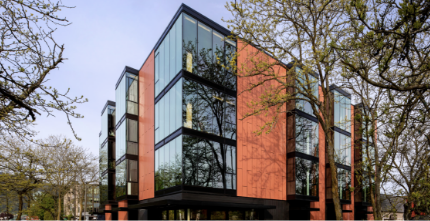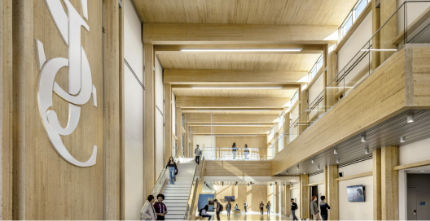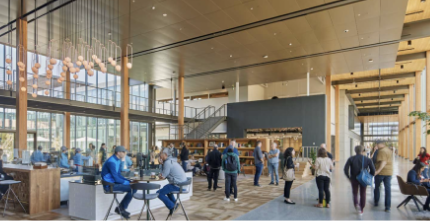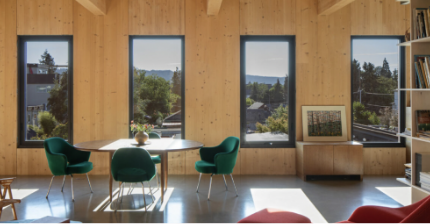

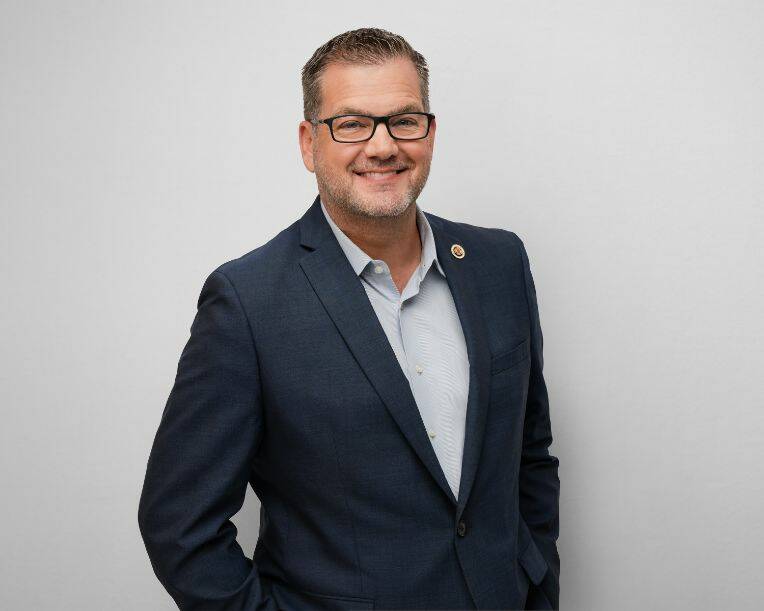
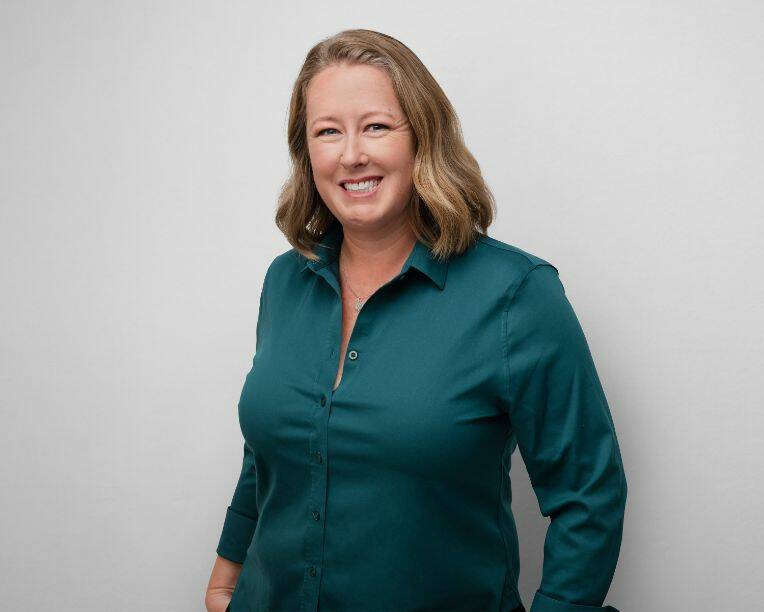

As the frequency and severity of wildfires grow, policymakers and code officials are scrutinizing buildings in the wildland-urban interface (WUI), the areas between wilderness and developed land that are at greatest risk for wildfires. With some advocates calling to prohibit wood decks and fences or, more drastically, wood-framed houses in WUI areas, the AWC
is engaging in WUI-related code development and adapting its approach with new research showing how wood-framed homes can be protected from wildfires. Those efforts include:
Fire testing a WUI-hardened wood-frame assembly, demonstrating successful performance and generating data to support AWC’s strategy for showing that wood framing can be used in WUI areas with proper protection.
Engagement in development of ICC-605, a new ICC standard on residential construction in regions with wildfire hazard that will provide a more complete set of requirements than those that exist in the International Wildland Urban Interface Code (IWUIC).
Participation in code development
in California, a state that has seen some of the most severe and damaging wildfires in the United States, and where the California Building Standards Commission (CBSC) recently held hearings to
help decide on California Code amendments, including WUI changes.
The AWC is also gearing up for the 2027
I-Code development cycle, which is expected to be more time-intensive, with activities taking place in all three years of the cycle rather than in two out of three years as in the past. The AWC’s staff is already preparing code change proposals due in January and participating in committee meetings.
To ensure the AWC is fully staffed for these priorities, the AWC recently filled two important positions. Cade Booth joins as Regional Manager, Codes & Standards, with responsibility for southern states in ICC Regions VIII and IX, bringing experience as a Certified Building Official for the city of Savannah, Georgia. Greg Womack will serve as Manager, Fire Service Relations for the Western region, where he will be increasing the reach of the AWC fire-service engagement program on issues related to WUI and construction fire safety.
The AWC is better positioning the industry for a defense of wood in wildland-urban interface zones, filling two important staff positions to engage with building codes and build awareness of wood’s fire safety record.

